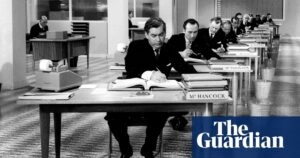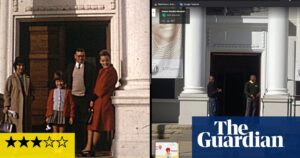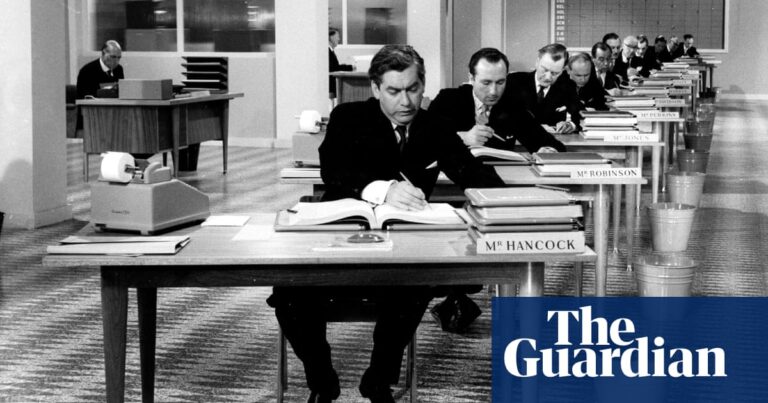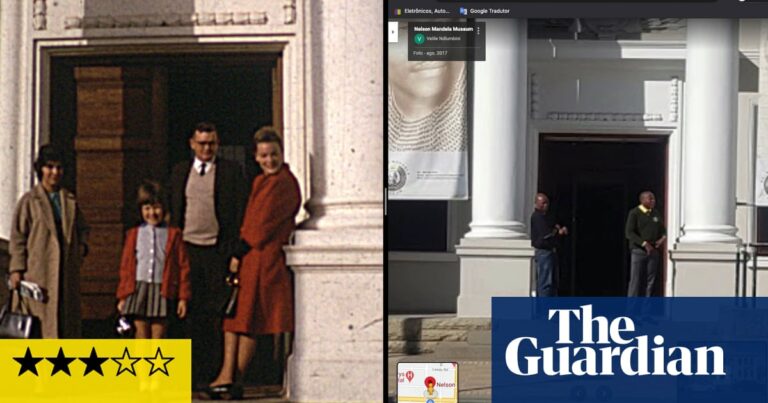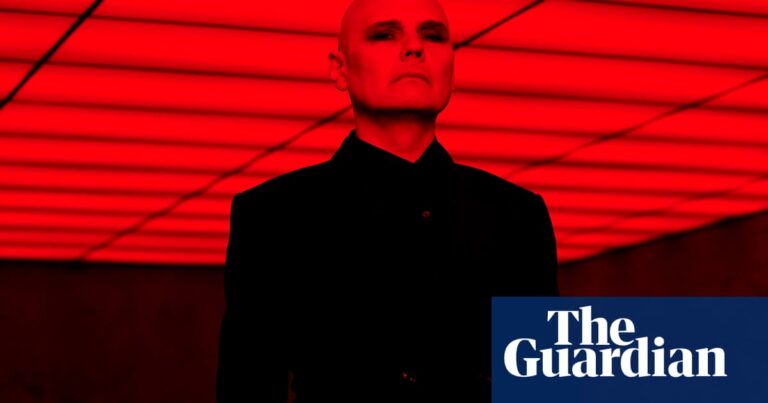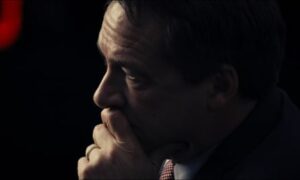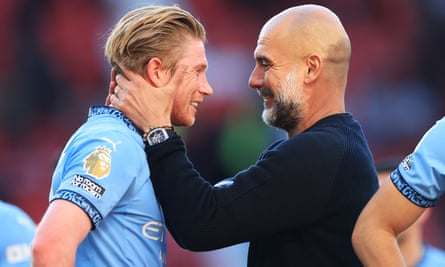F
Over the course of fifty years, Norman Jewison was a central figure in Hollywood dramas, infusing them with passion, optimism, and flair. He was responsible for an impressive collection of timeless films that captured audiences’ attention for half a century, making him the benchmark for a captivating movie experience.
During the 1960s, Norman Jewison directed upbeat comedies starring Doris Day, as well as thrilling caper films featuring Steve McQueen, such as “The Cincinnati Kid” and “The Thomas Crown Affair.” He also broke barriers with the groundbreaking film “In the Heat of the Night,” which starred Sidney Poitier as a black police officer in the American South. In the 1970s, Jewison’s notable works included the Broadway adaptation of “Fiddler on the Roof,” with Topol’s iconic portrayal of Tevye, a dairyman in pre-revolutionary Ukraine dealing with challenges from his daughters and anti-semitic persecution. He also directed the musical “Jesus Christ Superstar” by Andrew Lloyd Webber, and later in the same decade, released the futuristic dystopian film “Rollerball,” the union-busting drama “F.I.S.T.” starring Sylvester Stallone, and the legal thriller “And Justice for All” with Al Pacino delivering the famous line, “You’re out of order! The whole trial is out of order!” In the 1980s, Jewison continued to tackle issues of racism with the film “A Soldier’s Story,” which starred Howard E Rollins as an African American officer investigating a murder on an army base. He also directed the gripping mystery thriller “Agnes of God.”
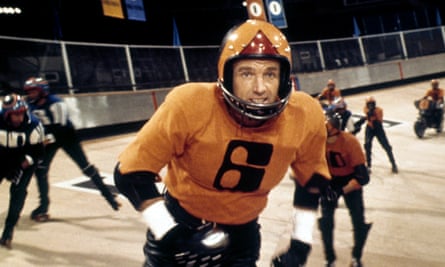
Jewison ended the decade with the iconic romantic comedy, Moonstruck. Throughout the 90s, he continued with boldness, delivering a satirical take on Wall Street’s “greed-is-good” mentality with Other People’s Money. He then switched gears to another romantic comedy, Only You, featuring Marisa Tomei and Robert Downey Jr. But he then returned to his powerful, issue-driven style with The Hurricane, starring Denzel Washington as Rubin “Hurricane” Carter, a boxer wrongly accused of a crime. In the 21st century, he directed Michael Caine in The Statement, a film about Paul Touvier, a fugitive from Vichy France wanted for war crimes.
The array of work is staggering, and Jewison’s masterly direction helped craft so much of postwar Hollywood cinema. Before the 60s were swinging, he gave us Doris Day and Rock Hudson in the style that was later to become chic in Mad Men, then he invented the stylish presence of Steve McQueen, the gambler, the adventurer and larceny-artist, carrying out his daring escapes in a funky split-screen arena of zeitgeisty cool. And at the end of the decade, Jewison took on the subject of racism and directed the slap heard around the world in In the Heat of the Night, with Sidney Poitier as the black homicide detective roped in to assist Rod Steiger’s bigoted white cop – and slaps back at the racist who slaps him. It is a brilliant mainstream issue movie of the sort that perhaps seems staid to some, but it is a masterclass in character-driven drama and action.
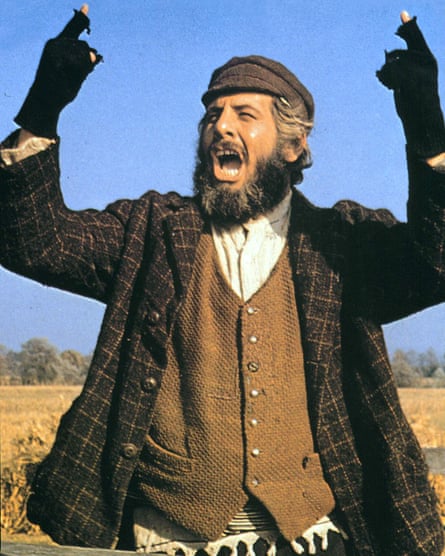
Fiddler on the Roof is, without a doubt, my top choice among Jewison’s films. The way it effortlessly captures the lively spirit of Broadway and centers around Topol’s charming and commanding performance is truly remarkable. Surprisingly, at just 36 years old, Topol was only slightly older than Paul Michael Glaser, who would later gain fame as TV detective Starsky, playing the role of Topol’s Bolshevik radical son-in-law Perchik. Isaac Stern’s violin playing on the soundtrack as the “Fiddler” adds a vibrant energy to the film, similar to what David Lean achieved with Doctor Zhivago’s storytelling and grandeur. The immense success of Fiddler on the Roof led to Jewison directing Jesus Christ Superstar, a crowd-pleasing rock musical that sold millions of soundtrack LPs in an era before home VHS entertainment. Despite not being in line with the American new wave at the time, Jewison was able to tackle both fashionable and unfashionable projects and bring out their unique pulses and energies on screen.
My second favourite Jewison film is the glorious romance Moonstruck, his Italian-American schmaltzer in which people ecstatically succumb to amore when the moon hits their eye like a big pizza pie. It sounds sugary on paper, and maybe it is, but it is effortlessly charming and entertaining and unexpectedly sensual.
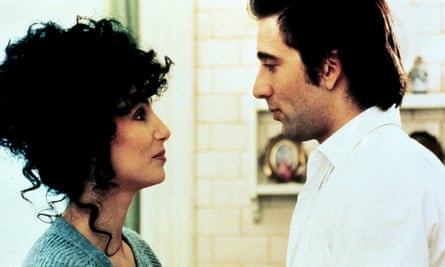
Jewison elevated Cher to stardom and brought out her impressive talent (earning her an Oscar, while Jewison was nominated but did not win). He also guided Nicolas Cage in one of his most beloved over-the-top performances as a brooding bakery assistant who captures the heart of Cher’s timid widow, even though she has already accepted a proposal from Cage’s dull older brother. As concerns about the chemistry between lead actors have become a common criticism, Jewison skillfully directed Cher and Cage to have an explosive level of chemistry. This required finding the perfect balance between comedic and passionate moments, and allowing for raw passion when necessary. While romantic comedies are typically lacking in sensuality, Jewison brings the heat when Cage aggressively flips over Cher’s kitchen table before they ultimately end up in bed together.
Perhaps Norman Jewison served as the mastermind behind American cinema for five decades, directing the flow, establishing the pace, and creating the atmosphere, while humbly allowing the lead actors to shine and receive recognition. He was truly a virtuoso.
Source: theguardian.com

